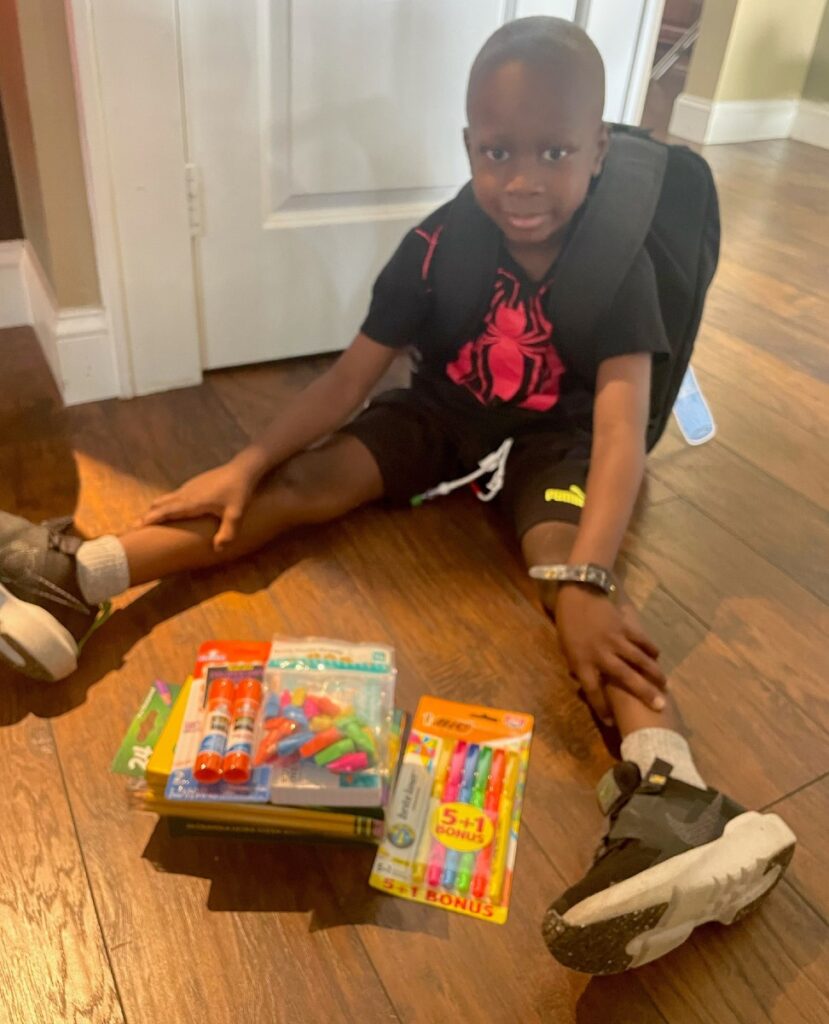
Overcoming Back to School Jitters
As August fades into September the reality of the school year on the horizon is hard to deny, especially with the wonderful backpacks of freshly packaged school supplies arriving at the door of FoK families. Though the end of summer can be a bittersweet time for any child, children reentering school after being sidelined by a serious illness may have many mixed emotions that are more than just the typical butterflies.
Going back to school can mark a return to normalcy – after an experience with cancer (or other serious illness) that felt anything but. While at first it may have been a little fun that “school” was a tutor coming to your house while you studied in your pajamas, that gets old quickly and children are often eager to return to their friends and welcome the opportunity to socialize. Just as it is normal to feel excited, feeling worried about anything from being teased to not being able to keep up physically and academically is also very typical.
Friends of Karen children share some worries they experienced when they returned to school after treatment for:
- Just going back to school in general
- My friends not recognizing me
- Students making fun of me for being bald
- Being sick and having to go home early
- Not being able to make it to class on time
- Missing school because of doctor appointments
- Not being able to concentrate- “chemo brain”
- Someone pulling my hat/wig off and everyone seeing my bald head
- Not being able to participate in gym or recess
Friends of Karen Sibling Support Specialists have turned to the experts- veteran FoK children to share some advice for heading back to school. (We’ve added our own tips as well.)
Here’s what might help…
Have a meeting before you return.
Parents and children should meet with teachers, counselors, the school nurse, or anyone else who the child will work closely with and help the transition go smoothly. Develop a plan to address any concerns or meet any physical, emotional and/or academic needs/accommodations.
Allow space to talk it out
While it may feel like pulling teeth at times to get your child to communicate, creating a space for them to talk about their feelings with loved ones is so important. Depending on the age of the child, you might use a book to spark discussion or ask prompting questions like “I wonder how you are feeling about school starting…” Adding your own experiences can normalize challenging feelings: “I remember the first day of school being a little tricky for me some years. How are you feeling about it this year?” Remember to validate any feelings (i.e., “yeah, I can totally understand how you might be feeling nervous about school. I’m here for you, how can I help?”
Educate
There are ways big and small to bring illness education into the schools to ensure teachers/classmates/coaches/administration etc. understand what the child is going through physically, socially, and emotionally. Maybe you are more private and would prefer a select few knowing your health status/treatment or perhaps your view is the more knowledge others have the more understanding and compassionate they will be. Whatever you decide, it is your choice.
Give permission for your Sibling Support Specialist or treatment team member to connect with the school.
Julia, 16, says she would have liked for her teachers to have understood that while she was post treatment, she was still experiencing side effects and complications.
You may even consider sending a hospital care team member or a Friends of Karen, Sibling Support Specialist to the classroom to provide illness education and answer any questions your classmates might have.
Reading a book to her class helped Sophia (then 8) feel better able to talk about her illness.
Communicate how you want others to treat you.
Maybe you want your classmates to act like nothing has happened, or maybe you welcome talking about what you’ve been through. As long as you are safe and comfortable, it’s your choice. Often people don’t know how to act- having a teacher or other adult communicate your wishes can help put everyone at ease.
Find your go-to people for support.
Having a tutoring teacher from the same school helped Sophia because she was able to ask her questions and talk to her not only about academic things. Make a list of the adults you can go to for support. When you can identify your go-to supporters/mentors it can help you feel more confident and less alone.
Don’t forget your friends! Shania, 14, recommends seeking out your past friends and making new ones.
Don’t forget about the siblings!
Whether they verbalize it or not, often siblings of ill children feel less important, overlooked or even invisible. They may feel protective and concerned about their sibling but also think “What about me?” As parents/guardians it is important to remember that the start of the school year is a milestone for all children – filled with excitement, worries and butterflies. Check in with all your children and let them know that you are here for them whatever they are feeling.
Chances are people will be so happy to see you.
Camila, age 6, tells us that the love and the support that her friends and her teachers gave her when they saw her again helped. The day she came back to school everybody was so happy. Shania urges us not to be afraid. Everyone will accept you for who you are and what happened.
Listen to your brave side and remember to have hope.
Our Friends of Karen veterans tell us to “try new things. Push yourself out of your comfort zone. Don’t get caught on your past and try to focus on the future.” Beginnings and new starts are usually a little bit scary- with time and support from others, you will thrive.
We hope that your school year is filled with special memories and the magic of childhood. Remember to work hard, be gentle with yourself and don’t be afraid to ask for help. Everyone at Friends of Karen wishes you a very happy Back to School!



